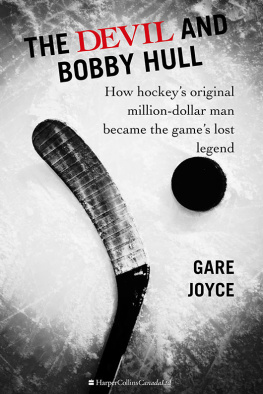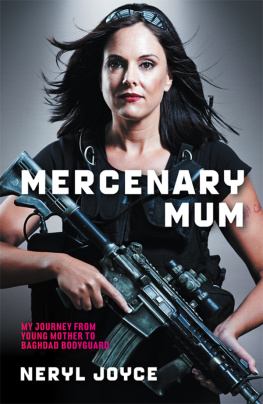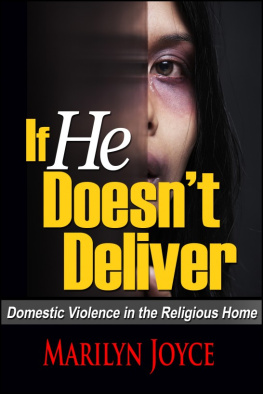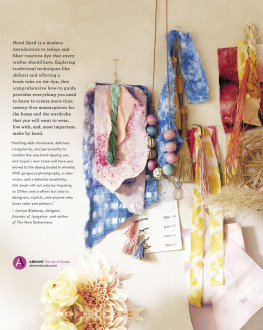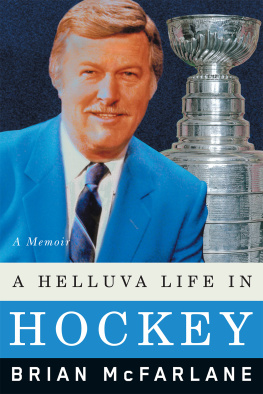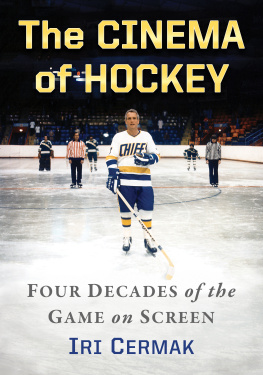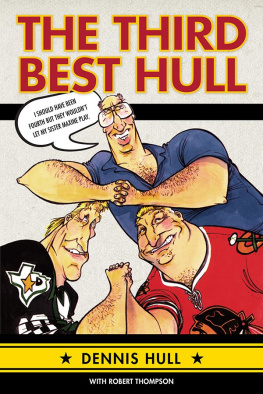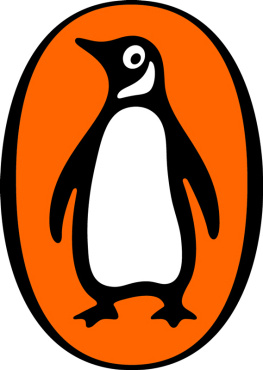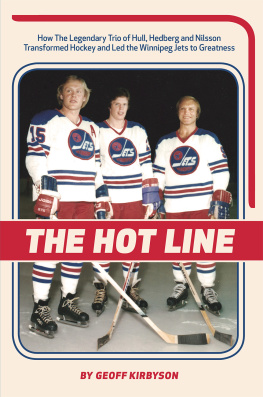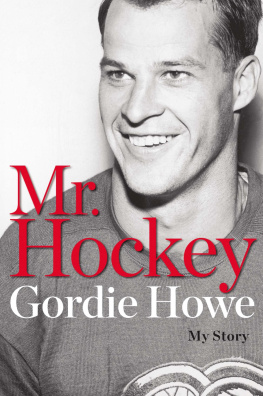I conducted 90 interviews in researching The Devil and Bobby Hull . To everyone quoted here directly or indirectly or those who supplied information on background I am deeply indebted. There were 90 more interview subjects that I couldn't chase downat least, not in time for publication (some are only getting around to calling me when the book is in page proofs). I tracked down the former Joanne Hull, as well as Bobby Hull's first wife, but neither was inclined to talk to me.
I am sure to miss a name or two in trying to catalogue those who helped me in the research and writing of this book but I'll try.
There were dozens of folks down around Point Anne, Belleville, Picton and environs who offered me a wealth of anecdotes about Bobby Hull's youth and retirement. These include James Hurst, John McFarland, Clara Sheppard and Carrie Saunders.
Among those who volunteered their time to help me with this project I must thank Jamie Mercury and Mike Mercury, son and brother of Ben Hatskin's lawyer, Telly Mercury, who passed away at about the time I started to forage for facts about Ben Hatskin. They helped me apply the right color paint to the numbers in the portrait of the Winnipeg Jets founder.
Many friends helped steer me toward interview subjects and research materials and they include (but are not limited to) Tim Campbell of the Winnipeg Free Press and Tim Wharnsby of CBC.ca. Other professionals who volunteered their time include journalist David Roberts in Winnipeg, video archive expert Paul Patskou and Kevin Shea of the Hockey Hall of Fame.
Over my years in the business I've been lucky enough to befriend distinguished journalists who were lucky enough to work in NHL and WHA games during what I think was a better time. These gentlemen have been at once heroes and mentors to me and I appreciate them helping out. Red Fisher, Jim Kernaghan and Frank Orr didn't just help me with this book; over the years they taught me how to conduct my business. I was also a fan of Gerald Eskenazi when I was reading the New York Times back in school days and I was honored that he took the time to help me out. I didn't know Vic Grant in Winnipeg before working on this book, but after talking to him I wish I'd had the pleasure of meeting him a long time before.
Many thanks to those who read some or all of the manuscript at various stages of composition and de-composition, including Terry Koshan, Damien Cox, Craig Button and Mike Sands. Their advice was indispensible.
I'd like to thank my editor at Wiley, Karen Milner, my copy editor, Nicole Langlois, and other members of the staff, including Elizabeth McCurdy.
I'd like to thank my agent, Rick Broadhead, who again went to the wall for me on this project.
I'd like to thank my daughters, Ellen and Laura, who, again, understood that sometimes their father had to go into the Fortress of Solitude to work away on another book.
And, last but far from least, I'd like to thank Susan Bourette, who, again and again, suffered for my art.
Hell begins on the day when God grants us a clear vision of all that we might have achieved, of all the gifts which we have wasted, of all that we might have done which we did not do.
Gian Carlo Menotti
Pitchfork
Bobby Hull is sitting in a booth at Wayne Gretzky's restaurant in Toronto. He doesn't notice that he's sitting beneath a Chicago Black Hawks sweater, No. 9.* Memorabilia collectors would designate it game-used. It hangs from the ceiling and is preserved between two sheets of hard plastic, like a prehistoric fly in amber. And even if you knew it was somewhere in the restaurant you'd have trouble finding it among all the sweaters and sticks and pucks and photos that hang on the walls or are displayed behind glass in showcases. Hull doesn't see the sweater. More troublesome to him, he doesn't see fans lining up to buy The Golden Jet, an authorized coffee-table book that captures his playing days in Chicago. He has a Sharpie in hand but no purchases to sign. He's pissed off that the publicist assigned to promote this signing has somehow made it a well-kept secret, one known only to Hull, four guys familiar to him from signings at memorabilia shows and me, the guy sitting across the table from him. Between us are two glasses of draft, both his, a plateful of sliders, all his, and a data recorder, mine.
Hull's 71 years old and, frankly, looks it. Aging isn't a crime but for Hull it's unimaginable. Those photos in the book show him in his 20s and early 30s, when he was a Canadian Adonis, something close to physical perfection. Yeah, his blond locks were thinning but his eyes were bluer than Paul Newman's. Broken nose, broken jaw, cuts: nothing marred his Hollywood-quality looks. The man sitting across from me is only somewhat recognizable from those images. Now he wears a rug that clashes with his temples. His face has thickened. He trembles. When he reaches across the table for a plate, his left hand steadies the right at the wrist. After a bout with pneumonia his heart went out of rhythm a couple of winters ago. Even before that, though, years in a hard game and a harder life than he could have imagined have caught up to him.
Hull is in Toronto for a limited book tour, nothing beyond driving distance of the city. He'll show up on a couple of television shows, go to studios for radio interviews and make appearances in book stores to sign copies of this glossy nostalgia tour in hardcover. It's the perfect Christmas gift for the fan of a certain generation, someone who either remembers his 71st birthday or is close enough to plan for it. And the book is well-timed, what with the Blackhawks still celebrating their Stanley Cup win the previous spring, their first championship since 1961. The 49-year drought came to an end two seasons after Hull and the Blackhawks set aside hockey's ugliest grudge. Hull was brought in as an ambassador for the team in December 2007, not as a hockey man charged with a role in management or the hockey side of the operation but no matter; events suggested that it could be viewed as the lifting of a curse.
To Hull's mind any curse has not lifted but just transferred to this book tour. The stop at Wayne Gretzky's is a disappointment. The midweek lunchtime crowd isn't enough to keep one waiter busy and the bartender is wiping down the taps. Hull ridicules the publicist. The posters for the signing weren't hung because they just said Gretzky's, not Wayne Gretzkys, which is what the owners want, Hull says. I mean, what's the point of that? Does somebody honestly think it's Keith Gretzky's place?
His voice is testosterone aged in oak kegs. It's growl and rasp. Even when he says please and thank you he sounds gruff. Maybe it's the by-product of 25 years of yelling for the puck, yelling to be heard above the cheers. Maybe it's hard living. No matter. When he wisecracks about Keith Gretzky, it's not clear whether he's making a joke of having to attach a given name to No. 99 or taking a shot at management burying the poster because of the publicist's oversight.
I try to get the conversation back on the rails. I tell Hull that the first thing I think about when I hear his name is a book I was given as an academic prize in fifth grade, back in Centennial year: Great Canadian Sports Stories. I remember that photo of you with a pitchfork and a bale of hay, I say.

